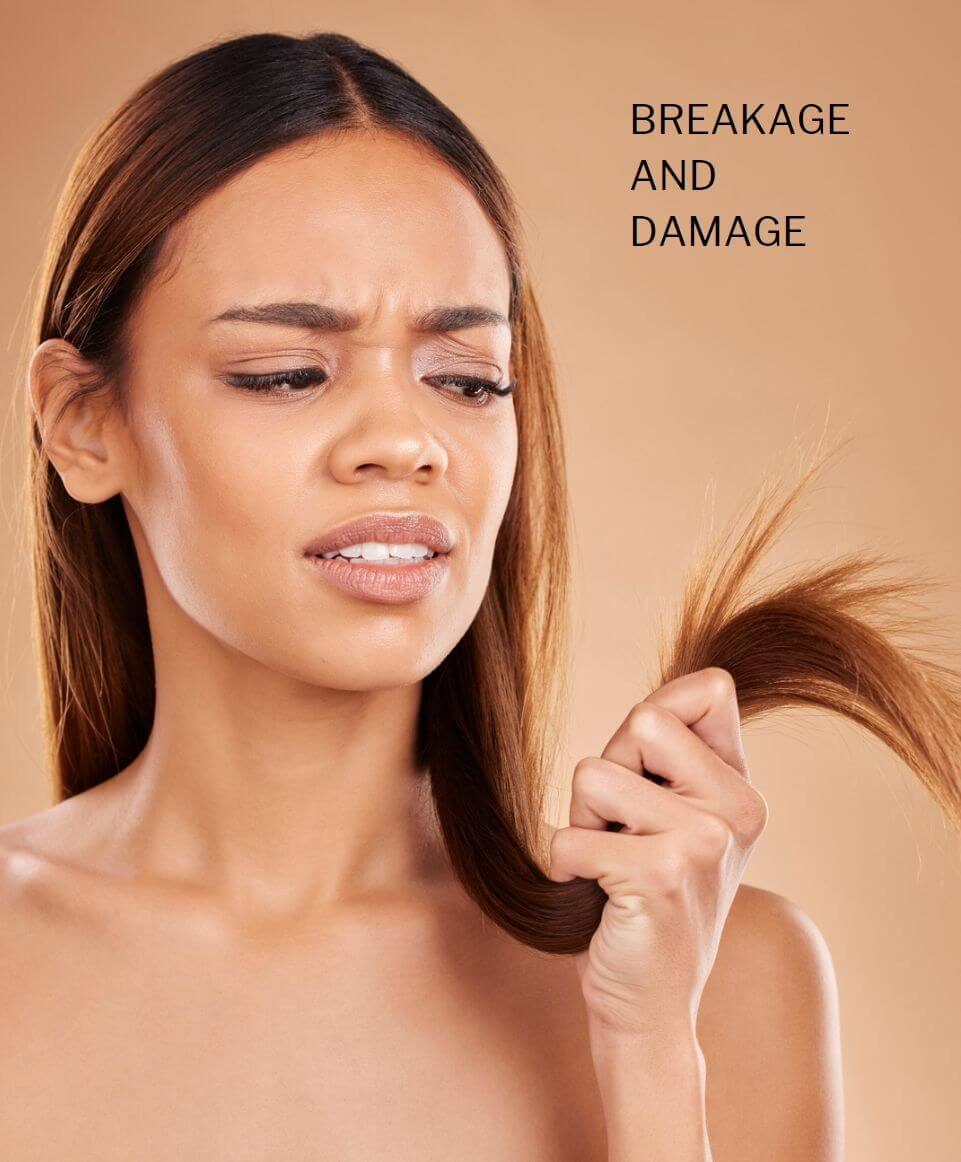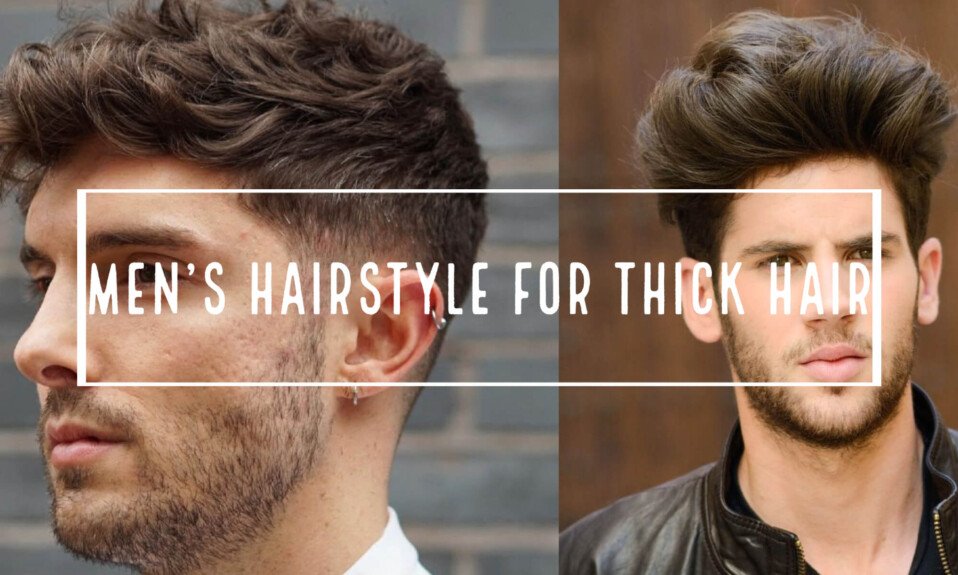
Sleep with wet hair is common for many of us, especially when time is limited. However, concerns about its impact on hair health have led to the question: does sleeping with wet hair have detrimental effects? This article aims to delve into the potential consequences and risks associated with sleeping with wet hair, supported by expert opinions and scientific research.
The Effects of Sleeping With Wet Hair
When you Sleep with wet hair, it can affect your hair and scalp health. Here are the potential consequences.
Breakage and Damage
Sleeping with wet hair increases the likelihood of breakage and damage. When hair is wet, it becomes weaker and more prone to breakage due to its increased elasticity. Tossing and turning during sleep can further exacerbate the problem, causing the hair to tangle and break. The friction between wet hair and the pillow can lead to split ends and frizz.
Scalp Infections
A damp environment created by sleeping with wet hair can provide a breeding ground for bacteria and fungi on the scalp. It can lead to scalp infections like dandruff, itchiness, and even fungal infections like ringworm. Maintaining a dry and clean scalp is important to prevent such issues.
Mold and Mildew
Sleeping on a pillow with wet hair can create an ideal mold and mildew growth environment. These fungi thrive in moist conditions and can cause unpleasant odors, respiratory problems, and allergies. Regularly drying your hair before sleep helps avoid these issues.
Expert Opinions
According to renowned trichologists and hair experts, it is generally advised to avoid sleeping with wet hair. Here are some expert opinions on the matter:
- Dr. Doris Day, a board-certified dermatologist and hair expert, suggests that sleeping with wet hair for prolonged periods can cause the hair shaft’s cuticle (outer layer) to lift, making it more vulnerable to damage.
- Rodney Barnett, a hairstylist and trichologist, emphasizes that wet hair is more fragile and prone to damage, and the friction between wet hair and the pillow can lead to hair breakage and loss.
The Myths and Facts
Certainly! Let’s clarify the doubt and present the corresponding myths and facts regarding sleeping with wet hair.
Myth: Sleeping with Wet Hair Causes Hair Loss
Contrary to popular belief, no direct evidence links sleeping with wet hair to hair loss. Hair loss is mainly influenced by genetic factors, hormonal changes, and other underlying medical conditions rather than the hair’s moisture level during sleep.
Myth: Wet Hair Increases the Risk of Catching a Cold
The notion that sleeping with wet hair can make you more susceptible to catching a cold is a common misconception. Viruses cause the common cold, and exposure to a cold environment or a weakened immune system is typically the primary factor contributing to its transmission.
The Potential Risks/ Facts
While sleeping with wet hair may not directly cause hair loss or a cold, there are potential risks worth considering:
Facts: Hair Breakage and Damage
Wet hair is more susceptible to breakage and damage due to its increased elasticity. Tossing and turning during sleep can lead to friction between the wet hair strands and the pillow, resulting in tangles, breakage, and split ends. Also, prolonged exposure to moisture weakens the hair shaft, making it more prone to damage.
Facts: Scalp Infections and Discomfort
Sleeping with wet hair creates a moist environment that can facilitate the growth of bacteria and fungi on the scalp. It can lead to scalp infections, such as seborrheic dermatitis and folliculitis, causing itching, redness, and discomfort. Keeping the scalp clean and dry is essential to prevent these conditions.
How to Care for Wet Hair Before Bed
If you find yourself with wet hair close to bedtime, follow these tips to minimize potential damage:
Air Dry
Allow your hair to air dry as much as possible before bed. Gently pat it with a towel to remove excess moisture, but avoid vigorous rubbing that can lead to breakage.
Use a Wide-Toothed Comb
Detangle your hair using a wide-toothed comb before sleeping. It helps reduce the chances of tangles and knots during the night.
Braid or Bun
Consider loosely braiding your hair or creating a loose bun to minimize friction and tangling while you sleep.
Conclusion
While hitting the hay with wet hair may be tempting, doing so can negatively affect your hair health. The risks outweigh the convenience, from increased breakage and damage to potential scalp infections and mold growth. Taking a few extra minutes to dry your hair properly or using protective measures can help maintain the health and integrity of your hair in the long run. Remember, it’s better to prioritize hair care and wake up with healthier, more manageable locks.










